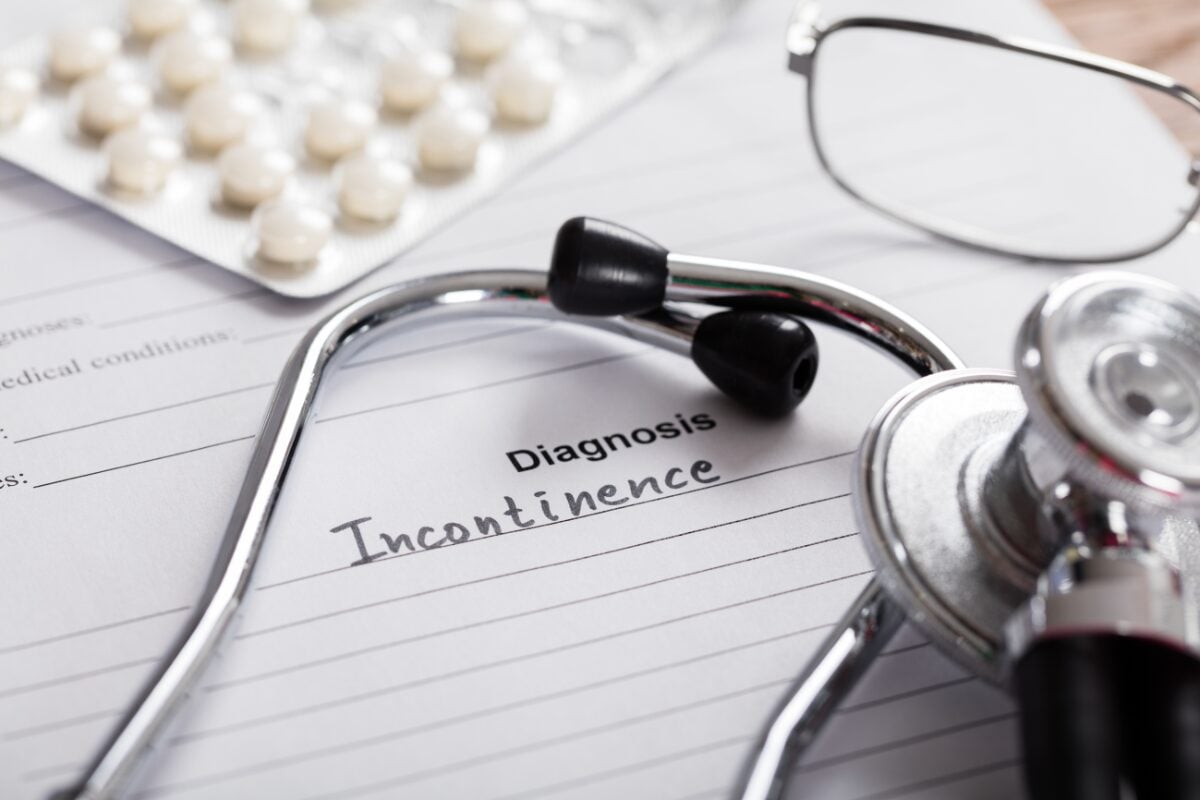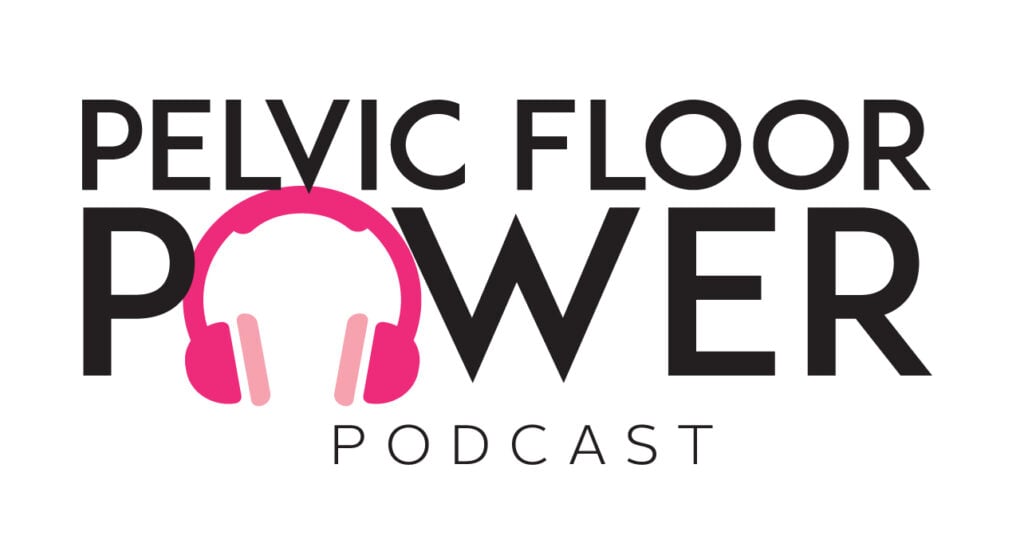Urinary ReTention
JOIN OUR NEWSLETTER
Receive custom tools to help you manage your condition and get the latest in bladder and bowel health from NAFC!
Urinary Retention
If you have difficulty starting a stream of urine, you may have urinary retention. Symptoms also include the frequent need to go, a weak flow once you do start, and feeling the need to urinate again soon after finishing. Leakage between trips to the toilet may also occur because your bladder is constantly full.
In severe cases, urinary retention causes great discomfort. The lower belly is bloated and though you feel an urgent need to urinate, your digestive system will not respond.
Causes
There are two major contributors to urinary retention. If there is an obstruction in the urinary tract, urine cannot be release and therefore causes a storage issue.
Urinary retention can also be caused by nerve problems that interfere with signals between the brain and the bladder. If there is a communication error anywhere along the system, the bladder can end up retaining urine. It may be as simple as the brain not getting the message that the bladder is full.
It gets more complicated if the bladder tries to release but can’t due to weak muscles or the sphincter not relaxing at the right time. This is an important coordination and if all parts aren’t working together, the urine will not be released.
Why won’t the nerves properly communicate? There are several events and conditions that can damage nerves and nerve pathways:
Infections of the brain or spinal cord
Diabetes
Stroke
Polio
Pelvic injury or trauma
Benign Prostatic Hyperplasia
In addition, some children are born with nerve problems that can keep the bladder from releasing urine.
Treatment Options
Your physician will need to perform a thorough exam to determine the cause of the urinary retention.
In men, a leading cause is Benign Prostatic Hyperplasia. In this condition, the prostate creates pressure on the urethra, disrupting normal flow and function.
For women, the urethra is also under pressure from a variety of physical issues noted above.
Management
Catheters – For immediate and short-term relief, catheters are used to empty the bladder. The catheter is inserted into the urethra, allowing the urine to drain out. In addition to alleviating pain, this initial treatment also prevents permanent bladder damage.
“Double voiding” – This is simply waiting a short time after your first urination to try and go again. Bladder retraining and pelvic muscle exercises such as kegels help the nerves and muscles used in emptying the bladder work better.
Behavioral Treatments
Surgical Treatment
For Benign Prostatic Hyperplasia (BPH), there are surgical options to treat an enlarged prostate.
For women dealing with retention due to prolapse, there are many procedures available.
Pharmaceutical Treatment
In some cases, medication has proven to be effective. Your physician may prescribe Ditropan®, Detrol®, Enablex®, or other drugs designed to calm bladder nerves. Click the link below for a full list of medications designed to treat Urinary Incontinence.
Most importantly, if you feel you are experiencing urinary retention, be sure to speak to your doctor as soon as possible. Do not wait. The sooner you get diagnosed, the sooner you can start getting better.
Related Articles

Why You Are Asking The Wrong Questions When It Comes To Incontinence Treatment. It’s Not About The Best Absorbent Products.
If you’re reading this, you are likely one of the hundreds of millions of people who have incontinence. We understand you may be frustrated, or

Healthcare Specialties And When To See Them
Have you been thinking about talking to a doctor about your bladder leakage problems, but just can’t muster the courage, or figure out exactly who

Ask The Doc: Medication Alternatives
Gloria Kolb from Elitone Urge explains other treatment solutions

Kegels For Stress Urinary Incontinence
Often, the right exercises, such as kegels, can help alleviate symptoms of urinary incontinence – no pills or surgery needed. Learn more about kegels, and how they can stop bladder leaks, here.



